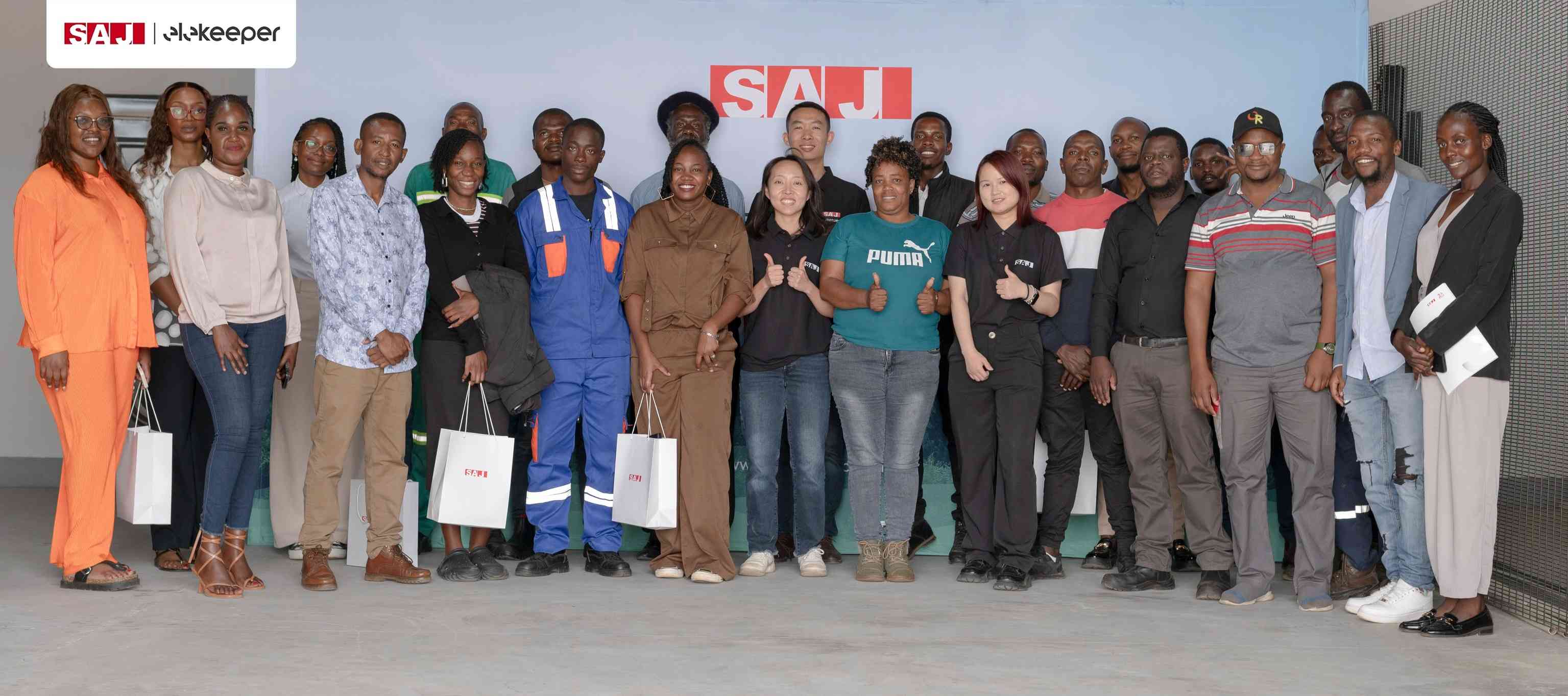
Just like with leadership, sometimes we ask ourselves if entrepreneurs are made or born. Even without an absolute answer, we share some matters that have globally defined/characterised an entrepreneur. So, as to remind ourselves if we are still on track or derailed due to some global business complexity arising in our configurations. Food for thought as we engage in the art of entrepreneurship.
Since there is no universally accepted definition of an entrepreneur, we have to find some key common traits and developments as informed by various successes (documented, observed and through testimonies). Where we have various members of our local and global ecology who have made, yet we try and sometimes fail to reach their level of success.
Then if entrepreneurs are made, let us be trained to acquire the same skills and if it is an umbilical cord matter then let us be nurtured. To all aspiring entrepreneurs, let us introspect and strike a balance so as to reach the highest level in our entrepreneurship.
It has been confirmed in various perspectives that entrepreneurs have a self-drive to develop an idea into a vibrant business and they can take any risk to achieve continued growth and profits. We should then appreciate the effort made so far by our colleagues in this race. Doing business is not easy since there are various calamities that have even forced some to quit at the inception stage.
I remind you to take time in planning and research so as to develop/manage a business idea that will overcome any challenge. In this context, we then need to do our business modelling through mentorship by those who have made it to the top. It’s a hybrid approach towards business configuration where personal skills are complimented by business models in order to promote continued growth through innovation for novelty.
It is evident in the way organisations are now hiring and grooming key staff that entrepreneurial skills are being highly considered unlike any time before. The landscape has changed such that organisations are hiring entrepreneurs not managers/executives/employees. Those people who are able to use the available resources for a profit.
As announced in various business scholarships, an entrepreneur is someone who is able to combine three main resources which are labour, land and capital for a profit. This also means that we have more potential to run our own businesses and not relying only on being employed to spearhead the entrepreneurial dream of any other. Thanks to the Zimbabwean transformational Education 5.0 which is pushing for the same agenda to teach and learn skills that encourage innovation for industrialisation towards entrepreneurial skills development.
Sure, we learn through doing towards a complete entrepreneurship mind-set by our higher and tertiary institutions. My experience with Zimbabwean TVET training and their curriculums shows that we are heading towards an empowering education focusing on poverty elimination for the marginalised communities. It is in this pursuit for entrepreneurship that we have to talk more on the matter so as to equip all potential entrepreneurs.
- Ex-UK envoy roasted over ED links
- Business opinion: Branding in the age of entrepreneurship and industrialisation (Part 22)
- Business opinion: Branding in the age of entrepreneurship and industrialisation (Part 21)
- Business opinion: Branding in the age of entrepreneurship and industrialisation (Part 20)
Keep Reading
A business should be run guided by a certain Business Model Canvas (BMC) as informed in some previous editions. It might sound like an issue of just mapping and structuring but it goes beyond specific critical matters like knowing your key resources, partners, market segments and value proposition. Many of our SMEs are operating without such critical guidelines which makes that thrust for entrepreneurship and navigation hit a wall.
Besides being a risk taker as aforementioned, an entrepreneur should be able to look for opportunities through regular market research and scanning. No wonder why some of our promising businesses have failed because they produced for themselves not what the market wanted or needed.
Also, there is need for flexibility and adaptability especially as a proactive approach to matters that concern technological and economic adjustments. Here, we have seen intervention of new technologies in our production and selling processes which we should be quick to appreciate and move with the same. Artificial intelligence and data mining are even helping in coming up with quicker decisions for improved productivity, customer relations and good publicity.
Remember, a product or service will not reach the customer unless the entrepreneur comes up with attractive and persuasive ways of making the offerings likeable. Meaning that marketing and branding by the entrepreneur is critical in order to gain the needed market equity. There is a need to do a clear marketing plan that stipulates such matters as the use of affordable, direct and viral mechanisms to reach all targeted customers with the intended promotional message.
Lastly, reliability is one critical drive that defines a successful entrepreneur of this age. Many of our SMEs have failed to gain the anticipated mileage as they could not leave the promise(s) made to their customers. Expectation is what the customers have on us and they feel disappointed if the promise(s) is not met. Such a customer will not only stop buying your offerings but will let others stop by a multiplier through a word of mouth that has taken dominance in this new globe.
- Dr Farai Chigora is a businessman and academic. He is the Head of Management and Entrepreneurship at the Africa University’s College of Business, Peace, Leadership and Governance. His Doctoral Research focused on Business Administration (Destination Marketing and Branding Major, Ukzn, SA). He is into agribusiness and consults for many companies in Zimbabwe and Africa. He writes in his personal capacity and can be contacted for feedback and business at [email protected], www.fachip.co.zw, WhatsApp mobile: +263772886871.










